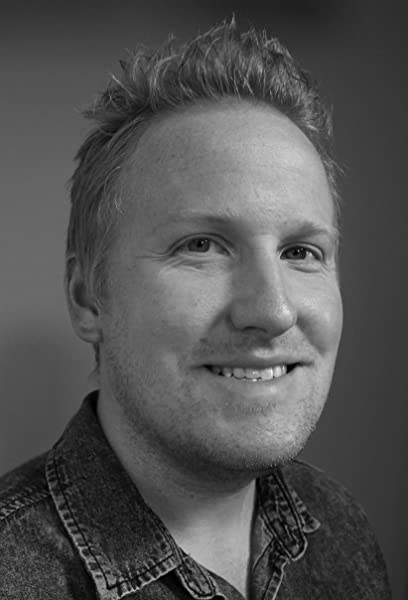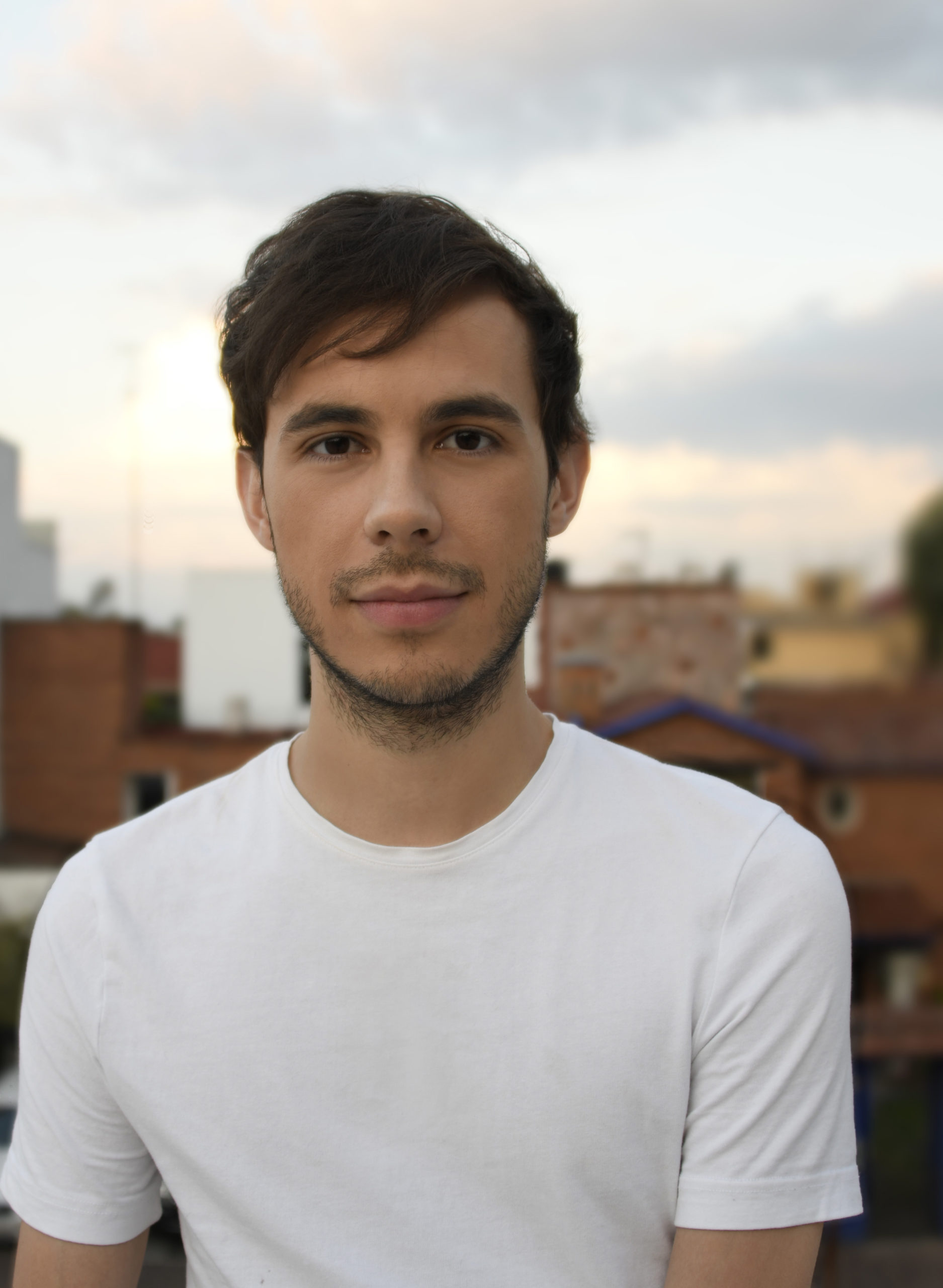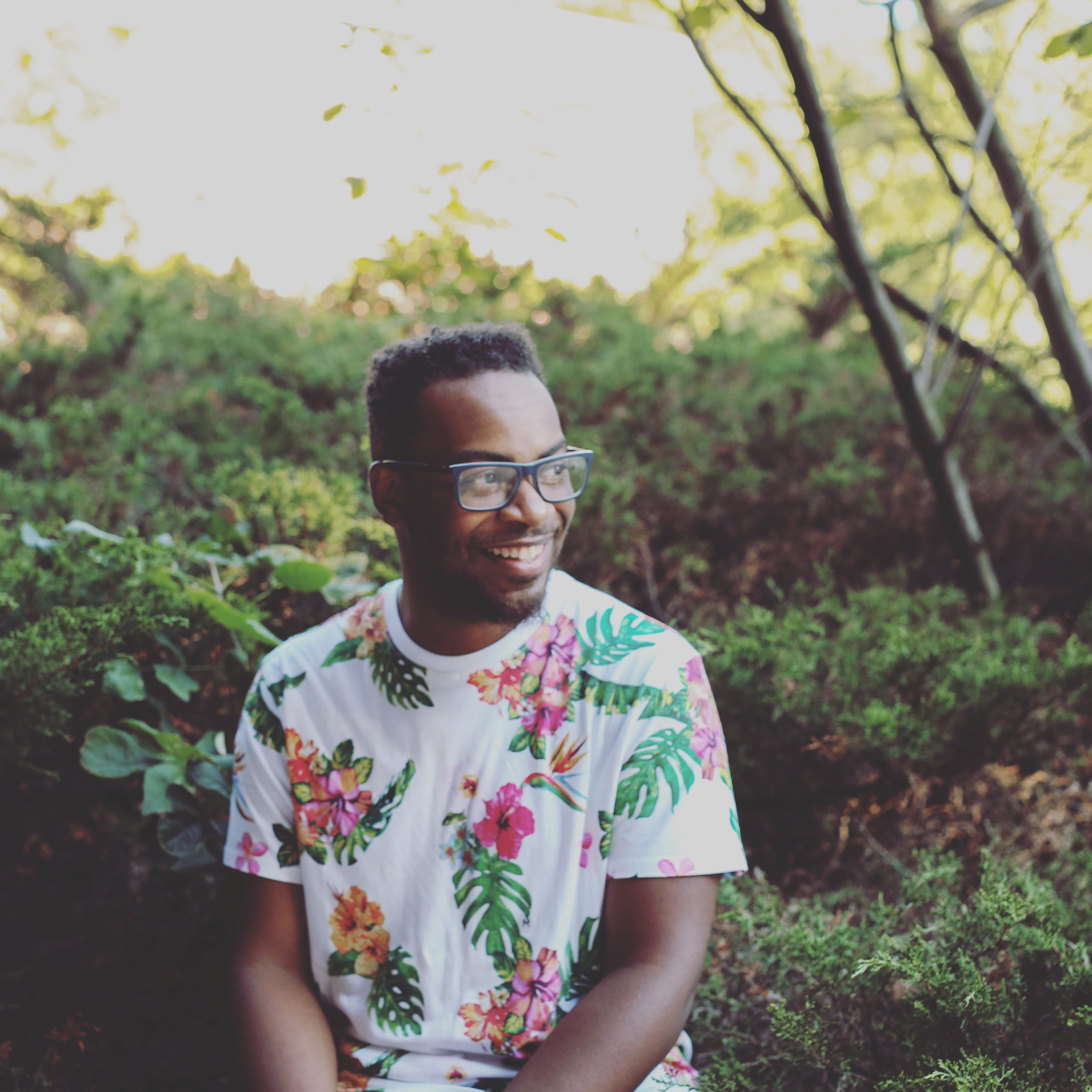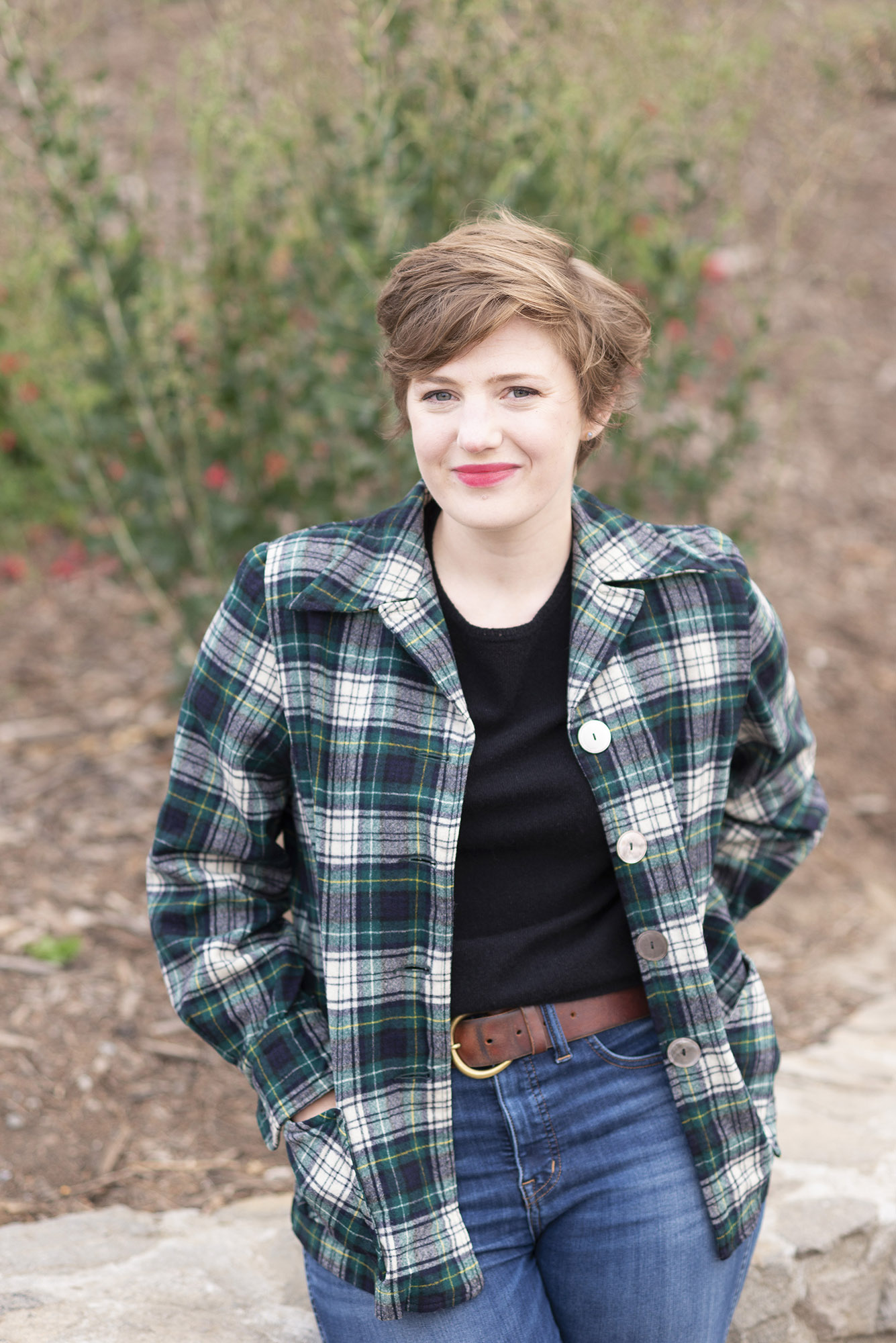
by Michele Kirichanskaya | Jan 21, 2022 | Blog
Preston Norton is bisexual, slightly genderqueer, and married. His partner, Erin, is trying to put him on a diet, and he’s revolting (both contexts apply). He has taught seventh grade and ninth grade English, mentored drug addicts, and mowed lawns (in no...

by Michele Kirichanskaya | Dec 15, 2021 | Blog
Kate Pentecost is from the forest on the Texas/Louisiana border. She holds an MFA in Writing for Children &Young Adults from Vermont College of Fine Arts. She is the author of Elysium Girls (2020,) and the forthcoming YA dark fantasy romance That Dark Infinity....

by Michele Kirichanskaya | Sep 8, 2021 | Blog
Daniel Aleman was born and raised in Mexico City. A graduate of McGill University, he is passionate about books, coffee, and Mexican food. After spending time in Montreal and the New York City area, he now lives in Toronto, where he is on a never-ending search for the...

by Michele Kirichanskaya | Jul 30, 2021 | Blog
Jay Coles is a graduate of Vincennes University and Ball State University. When he’s not writing diverse books, he’s advocating for them, teaching middle school students, and composing for various music publishers. His debut novel Tyler Johnson Was Here is based on...

by Michele Kirichanskaya | Jul 2, 2021 | Blog
Julia Drake grew up outside Philadelphia. As a teenager, she played some of Shakespeare’s best heroines in her high school theater program, and their stories would stay with her forever. She received her BA in Spanish from Williams College, and her MFA in...






